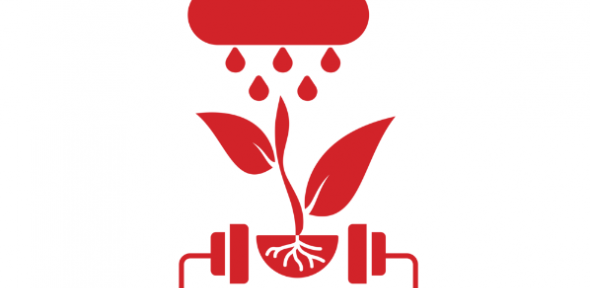
Submitted by S.A. Norwood on Tue, 02/11/2021 - 13:45
Please note: this opportunity is now closed. The Biomaker Challenge is an opportunity to work with an interdisciplinary team to identify and solve lab or field challenges, learn to use code-free programming for hardware and user interface development, develop biological applications, scientific instruments and real-world tools, or develop new ideas. The 2021 Winter Challenge will support projects exploring plants, soil and the environment.
The 2021 Challenge will support teams to develop hardware and/or software projects in 3 categories:
-
Sensors, field communication and machine learning for environmental survey and monitoring.
-
Measurement and control of plant growth in science, agriculture and gardening.
-
Electronic and biological sensors for management of soil health.
Examples of previous relevant projects can be found on the Plants and Instrumentation pages of the Biomaker website.
This year, we are promoting the generation and sharing of XOD-based no-code resources, but other coding environments are entirely acceptable.
Teams will have the opportunity to develop links with researchers at our partner institutions (University of Cambridge, John Innes Centre, Earlham Institute), or partners in the Signals in the Soil (SitS) programme. This year’s Biomaker Challenge is funded by the BBSRC-EPSRC OpenPlant Synthetic Biology Research Centre and the NERC-NSF Signals in the Soil programme.
For more details, see the Biomaker website.
How to Get Involved
Watch the short video below to learn more about this year’s call.
To apply, please document your idea (name, elevator pitch, 200-word summary and team members) on the Hackster website, and submit your project to the Biomaker Hackster Hub by 15th November 2021. You can find instructions on how to do this here. Please read the eligibility criteria, call details and code of conduct before applying. For more information please contact the SynBio IRC coordinator, Steph Norwood, at coordinator@synbio.cam.ac.uk.
Originally published on the Biomaker website: https://www.biomaker.org/biomaker-challenge-2021

